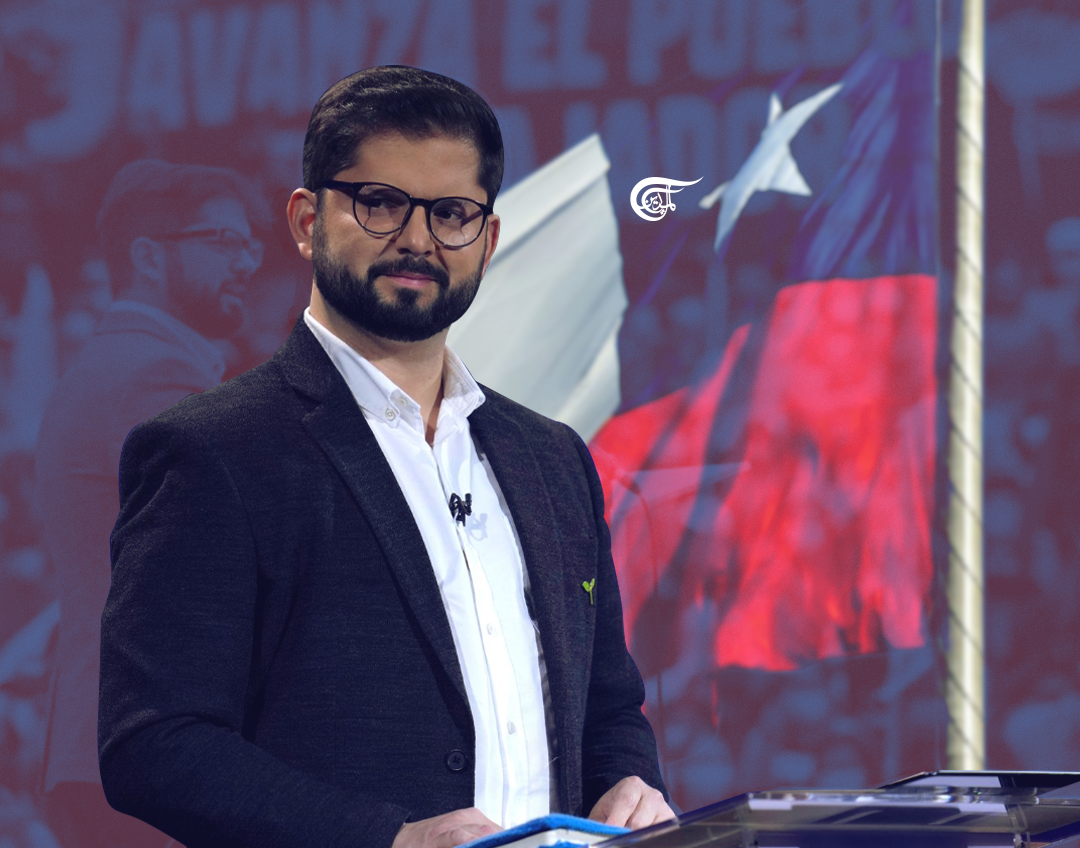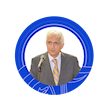Facts and expectations of the triumph of the elected president of Chile, Gabriel Boric
What is the political meaning of the recent victory at the polls of the Chilean left-wing?
The victory of Gabriel Boric in the recent presidential elections in Chile represents the triumph of the aspirations for more social rights of the postponed classes; it is the recovery of the course towards a social state of rights that sometime, 50 years ago, we called “the Chilean way to socialism”, with president Salvador Allende, murdered during the military coup in 1973. Paradoxically, the result of the current election was similar to the plebiscite of 1988 to decide Yes or No for the recovery of democracy in Chile.
Gabriel Boric's success is the remedy for the failure of the neoliberal experiment in Chile that has lasted for decades. Although we had progressive governments in the previous 30 years to the government of the right man president Sebastián Piñera, who ends his mandate next march, those governments, supposedly center-left tendency, did make social reforms, but maintained the structural capitalism basis.
The victory of Boric also represents the generational change of politicians and diplomats anchored in ambiguous visions of what development with equity is. Therefore, it is a sample of the political maturity of the Chilean youth and the students that have promoted social and political reforms since 2004 and then in 2011 and more recently in 2019. Boric´s government program represents the concern for the conservation of the planet against the denial of its contender José Antonio Kast about the existence of climate change.
The triumph of Boric means to recognize the equal rights of men and women, in front of Kast's intentions to close the Ministry of Women; also means the hope of the originating peoples to recover their rights, the rights of the minorities and, what is very important, powerful support to the constituent process initiated this year to write a new constitution and to establish a social state of rights.
The new constitution will be submitted to the scrutiny of the Chilean people through a plebiscite in the mid of this year.
The youngest president in the history of Chile
A young candidate was successful because the drivers of social and political change in Chile have been the young generations for decades but with much more strength since the early 2000s.
Boric was one of the main leaders of those movements, he had their support and he came to congress and proved to be a politician of great national agreements. I presume that he is an intelligent leader who knew how to understand that the power of the business and political elites is so powerful, that to achieve significant changes, national majority agreements to face them are needed. It has also been known to recognize that financial power is global and that the interests of the Chilean elites are connected and coordinated with the global elites.
In Latin America and in much of the world, inequalities have widened and in countries like Chile and others in Latin America and the Caribbean, social classes have seen their contradictions increase. The most dispossessed have been aware of the concentration of wealth and that they must fight for their rights, even though their aspirations are not properly of a social class, but they have been subdivided into different groups of social, economic, environmental, gender, ethnic interests, and so on.
Meanwhile, with their ambition, the rich classes are blinded and cannot see that they must give up privileges to avoid a social crisis.
Those last two statements will constitute a challenge for the young deputy and recently elected president Gabriel Boric.
Some reasons for the defeat of the economic and political right and far-right
The defeat of candidate Kast, an ally of Washington, is the defeat of the main test laboratory of the neoliberal system in Latin America. But I clarify that it is not precisely a defeat of Washington only, but that it is a failure of the world's predominant economic elite, with their project of a planetary mega-state where to establish their supremacy not only economic but also ethnic and sometimes religious, as is the case of "Israel" Zionism which imposes Jewish fanatic supremacism against pluralism and the rights of the Palestinian people.
We must be clearly aware that the monster, the neoliberal system, is big and has hundreds of tentacles, and every time it loses benefits, it returns to the charge to regain or increase its privileges. Progressive movements should seek to build governments of majorities that force the powerful to yield. Otherwise, they will not be able to sustain strong democracies with social rights guaranteed for those who have less. If not so, there would be no other alternative than the armed struggle with its highest costs that has been proven to bring ephemeral fruits because imperialism takes care of blocking its objectives as much as possible.
One of the main reasons for the defeat of the ultra-right and the right in these elections in Chile was that Kast wanted to present this opportunity as a choice between communism and democracy, between chaos and progress, between freedom and authoritarianism. That was exactly the same speech of the military dictatorship but the representative of the far-right, José Antonio Kast, apparently did not duly consider that such speech didn't work so well 50 years ago and less would it at this time.
What is expected of the Boric government and progressivism in Latin America?
Boric´s government will be a government for the majority but he is not a populist leader like there are others in Latin America. Coordination among progressive governments is necessary for this region. I hope there can be a political alignment with Argentina, a greater rapprochement with Bolivia to end the maritime dispute and move forward to a regional collaboration, as well as with Peru and hopefully Ecuador and Colombia in the short term, depending on the presidential elections in that countries. We have high expectations that Lula da Silva be elected president in Brazil.
We must keep in mind that although Chile is a political reference, because of its magnitude and presence in international instances, Brazil sets the tone for relationships in Latin America with the rest of the world, even though many times it manages its own agenda.
I also hope that the election of Xiomara Castro will mean an alignment of South America’s progressivism with Central America. This will facilitate the rebuilding of the “American Nation” (Patria Grande) and of stable democracies in Latin America and the Caribbean.
The advancement of progressive and democratic governments in Latin America will depend on the strengthening of their republican institutions because we must learn to live in a world where diversity is the main characteristic. In that sense, an important thing will be to take care that there is no place for some to impose their ambitions on others by the force of arms or economic power.
Regional cooperation and the exchange of democratic experiences are important and necessary in Latin America and the Caribbean. This will most importantly depend on building solid constitutional and political foundations in our nations so that progressivism can continue to govern and prevent setbacks in social and political achievements, as was the risk if candidate Kast had been elected.
The imperious need to break the ties of neoliberalism, untie the authoritarian knots and open the way to new models of development are the main reason to prevent the extension or return of the conservative and neoliberal governments in Latin America. That is why the great challenge of progressive is to know how to conceive and develop an alternative model, based on a well-being state with political balances and a constitution that prevents the supremacy of a few over the great majority. Otherwise, we will be exposed to the risk of losing social and political conquests and being subject to the great financial power and its political expression, neoliberalism, with its consequences of poverty and planetary desolation.

 Mikhael Marzuqa
Mikhael Marzuqa
 8 Min Read
8 Min Read












